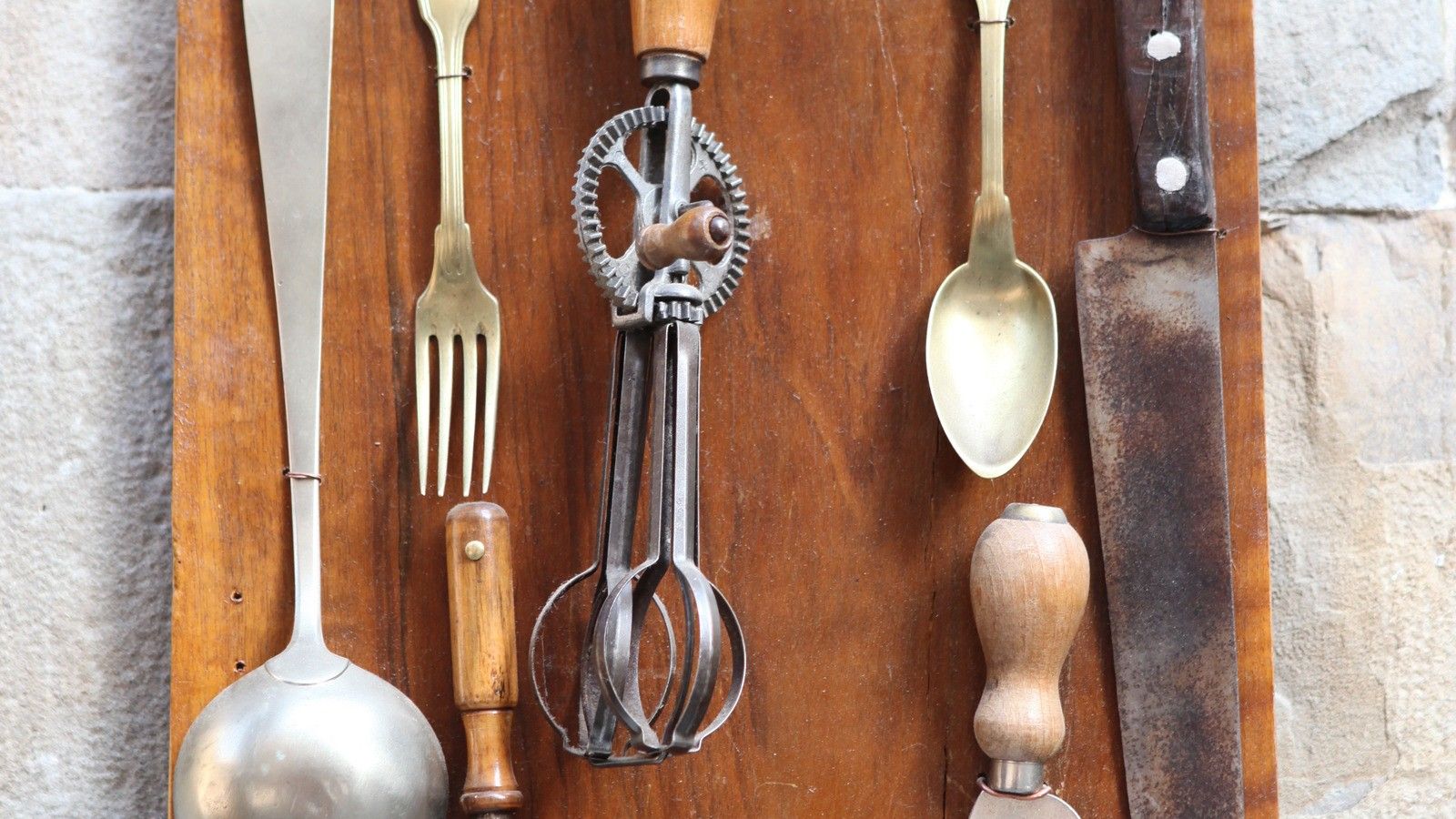
Food as a religion
'Do you believe in God?' is a rather personal question. One would hardly ask anything like this at first meeting, on a first date or while making small talk. It is much safer to discuss favourite restaurants, new cafés and interesting dishes to taste. However, our dining preferences can actually tell as much about ourselves, as a church we go to.
Whether we like it or not, food is a modern religion. And we actually like it, or have nothing against at least. We know menus of our favourite restaurants better than religious texts. We classify all our friends as fellow believers and heretics: the first share our cooking preferences, while the second visit the restaurants, at the mere thought of which we wrinkle our nose.
This religion incorporates many denominations, sometimes diametrically opposed, and multitude of people. Some of them go to church, i.e. restaurant, almost every day. Others drop by only on special occasions. But all these people have one thing in common: they can't but start preaching, when it comes to food. Now and then collision of beliefs can lead to a real holy war.
A Christian and a Buddhist can easily sit at the same table without any conflicts. Even a Jew and a Muslim can share hummus just fine. However, this is only until one of them confesses to have passion for some restaurant. Immediately the second will jump from the table, crushing chairs and shouting, 'You can't go to that place! They don't serve free water, they don't allow dogs, they offer both sushi and pizza, it's sheer hell!' No friend will try stopping this, since all friends are glued to their smartphones reading restaurant ratings and abusive feedback on Facebook. The company will immediately break down into two hostile denominations fighting with toothpicks and quotes from the holy book of Michelin. They might even take the name of Saint Bocuse in vain. The only person able to stop this great battle is the one mentioning drinking excellent 'eXpresso' in a coffee house not far from their home.
Restaurant religion has its own clear cosmogony. There is hell beneath, where sinners are tormented in hookah fumes listening to karaoke moans and groans. Then follows purgatory for poor souls who befouled their belly with junk food bought from a street vendor at least once. There is limbo above purgatory — a place for those who can do without chopsticks for dummies, but are not able to crack open a lobster by their own yet. Enlightened restaurant guests come next. They are regular visitors to the temple of gastronomy, who lavish critical feedback and advice on chefs and waitstaff. So-called 'foodies' or 'gastro enthusiasts' soar above. They have fanciest cocktails instead of blood in their veins, and artichoke wreaths adorn their heads. Above, there are only celebrity chefs and public's favourite restaurateurs resting on clouds made of likes and embracing frying pans and multiple awards instead of harps.
However, when floating in heaven one should never forget that even fanatical admiration will come to an end one day. New apostles will come and build new temples. And then, after descending from heaven to earth, one will have to answer the question, 'Is that steak is good enough without molecular techniques, goji berry mousse and liquid nitrogen?' It is well known that there are only few chosen among numerous welcomed. And there are so many impostors that there is hardly a temple to hold them all.


